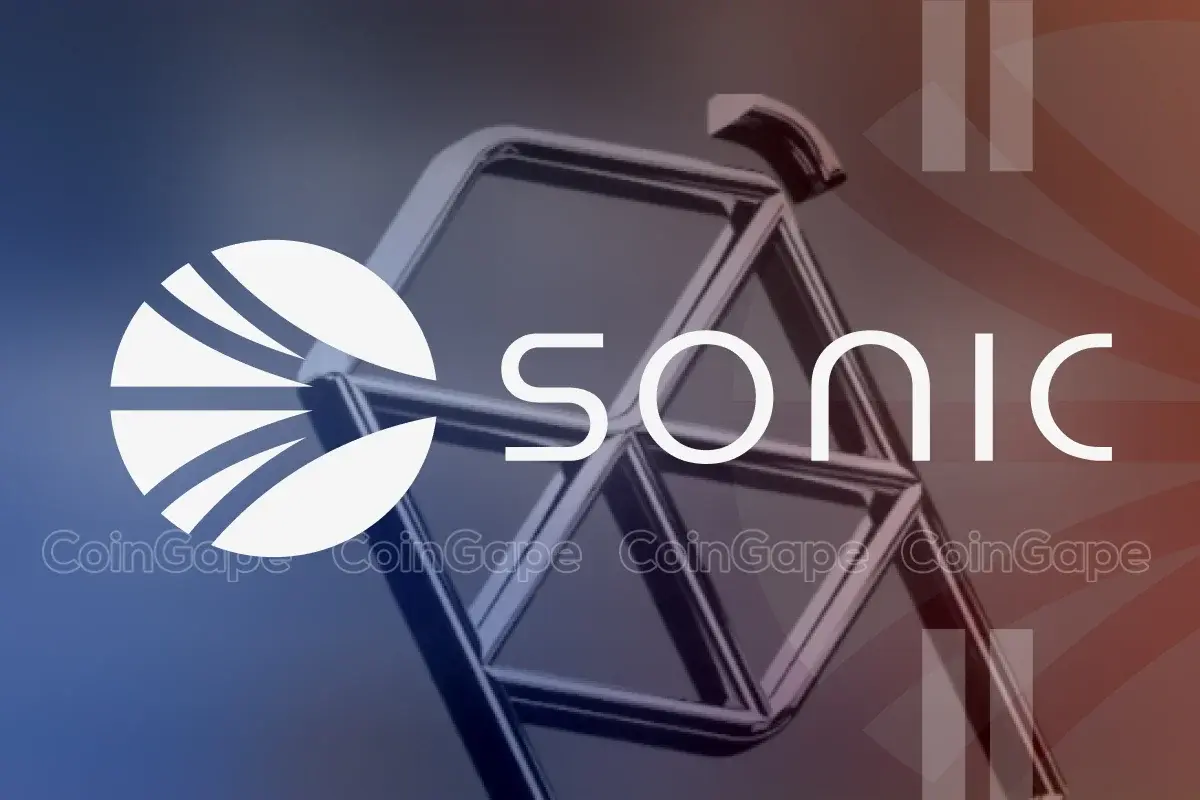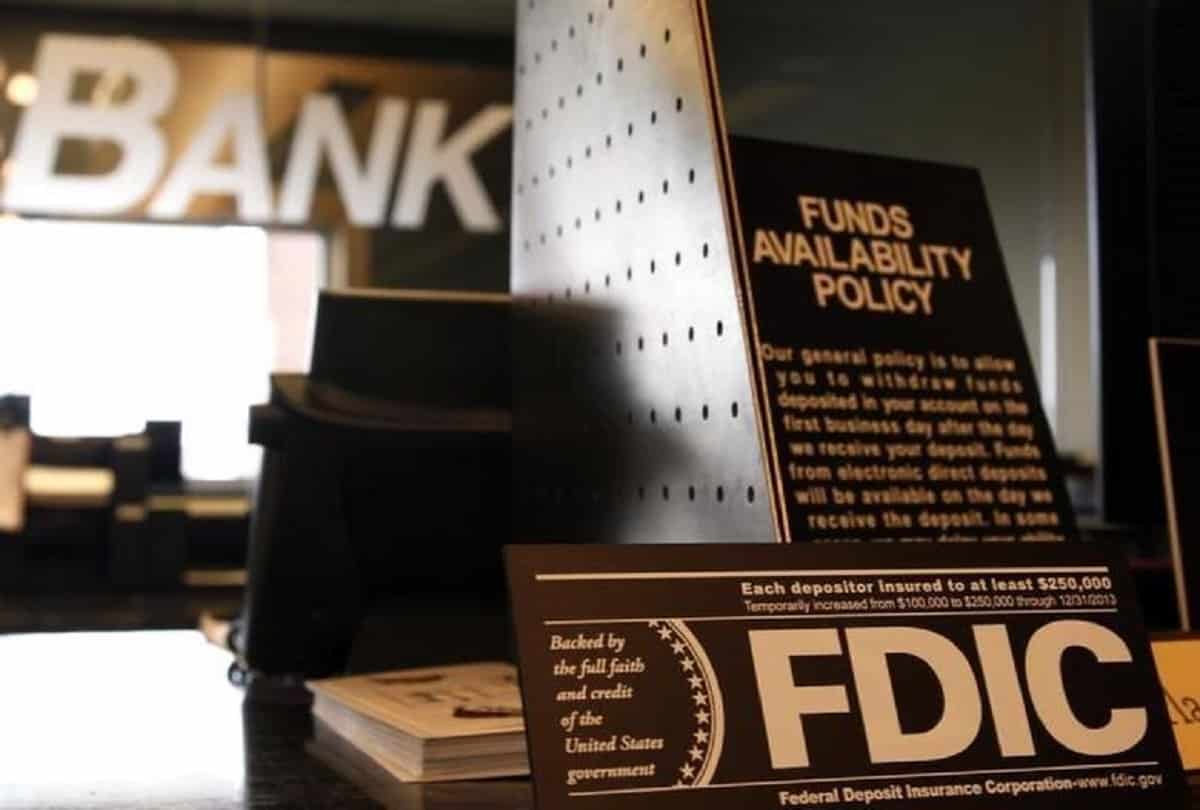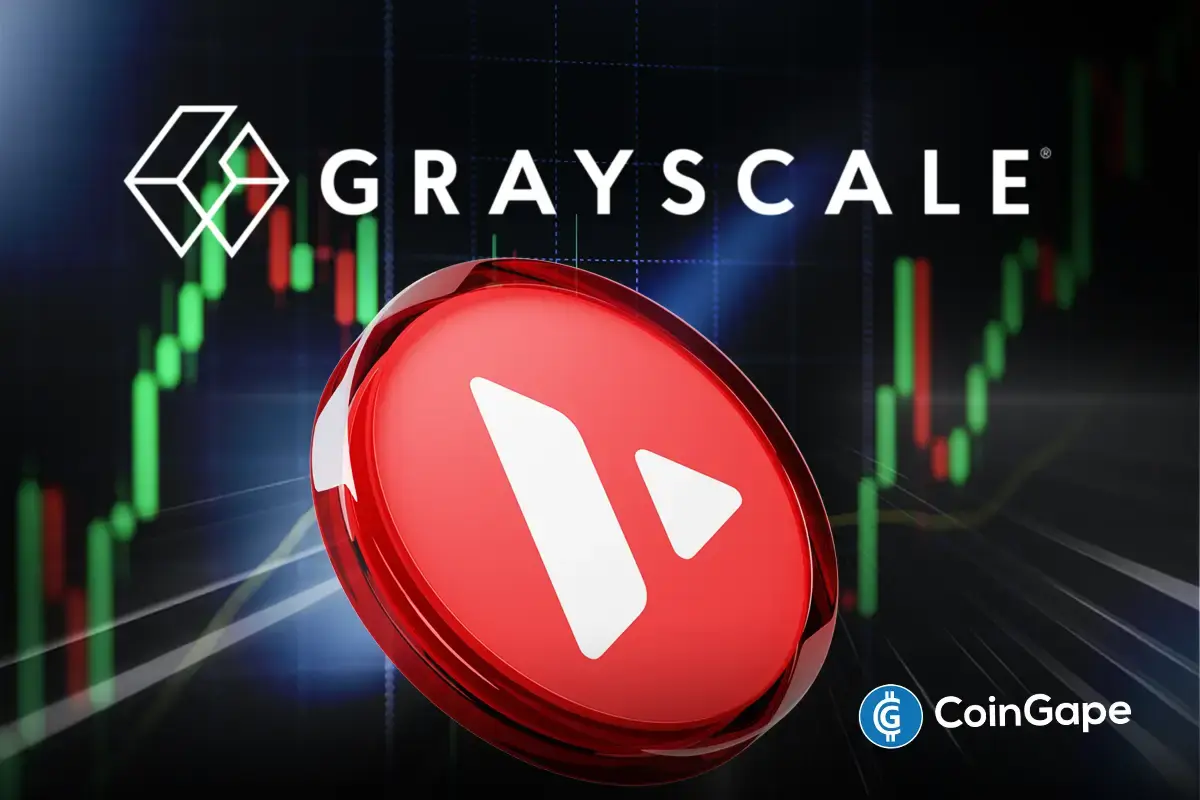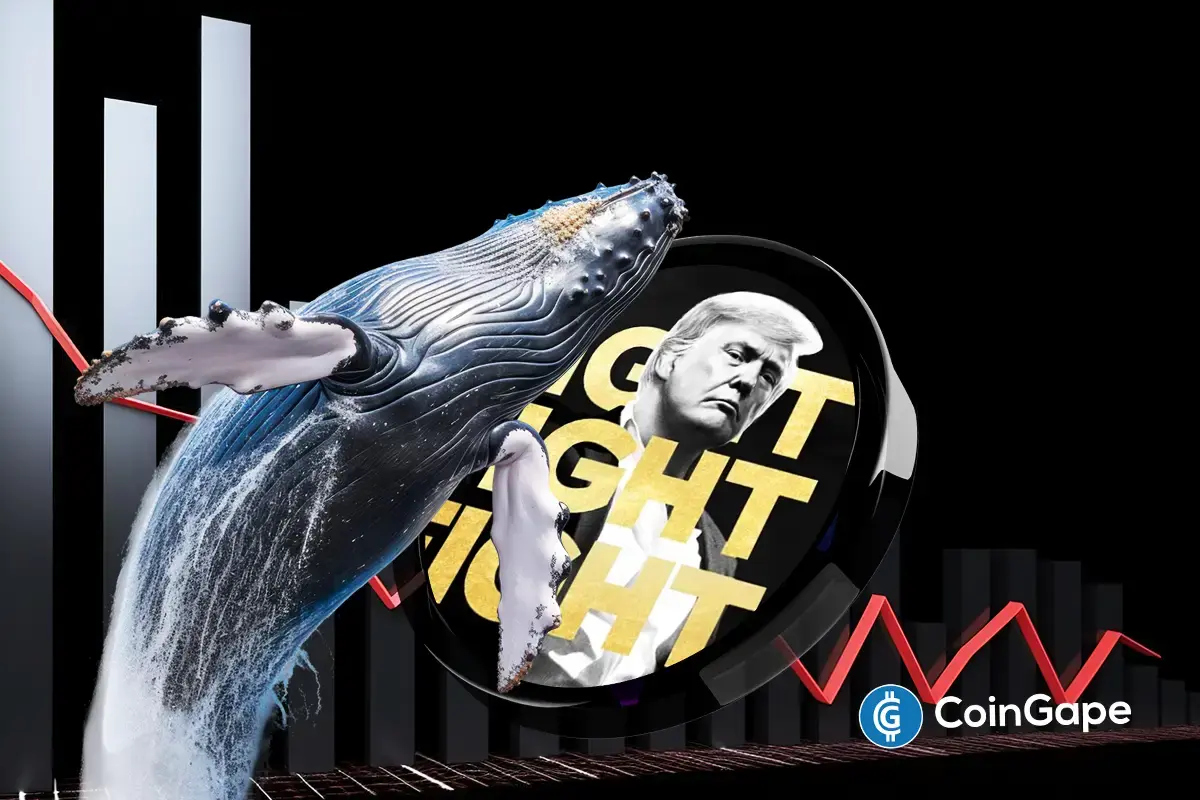Regulation
South Korea Unveils Regulation To Initiate Major Crypto Delisting

The financial regulators in South Korea are seeking to incorporate protocols for terminating the trading of currently listed cryptocurrencies. The upcoming “Best Practices for Compliance with the Virtual Asset User Protection Act” will mark the delisting of several cryptocurrencies. The regulators said that this crypto regulation will be out in early June.
Components Of Upcoming Crypto Regulation In South Korea
An insider from South Korea’s Financial Supervisory Service disclosed on May 10 that the upcoming guidelines will include criteria for listing virtual assets. Additionally, the regulation will incorporate directives on the decision-making process regarding the continuation of trading for already listed virtual assets. Moreover, they emphasized that the aim is to establish a framework for delisting specific virtual asset issuers in the event of any issues.
Whilst, between late May and early June, the guidelines will be provided. As of now, South Korea’s Financial Supervisory Service is drafting guidelines to facilitate self-regulation among crypto exchanges ahead of the enactment of the Virtual Asset User Protection Act in July. Key components will include standards for virtual asset issuance volume, distribution volume, and transaction support.
Furthermore, it’ll consider measures such as the prohibition of listing virtual assets with a history of hacking. Moreover, the regulation will establish the requirement for Korean whitepapers and technical manuals for overseas virtual assets.
Currently, the Virtual Asset User Protection Act is in an early stage. Hence, an official from the Financial Supervisory Service noted inherent limitations in regulating virtual asset issuers and distributors. “The Virtual Asset User Protection Act is still in its first stage, so there are bound to be limitations in regulating virtual asset issuers and distributors,” he said, according to The Korea Economic Daily.
Also Read: Ripple CLO Hails Bipartisan Pushback on SEC’s Anti-Crypto Rules
DAXA’s Stance On Crypto Regulatory Scrutiny
In addition, to address this shortfall in South Korea, efforts are underway to establish self-regulatory measures such as best practices and guidelines. The decision by the Financial Supervisory Service to introduce such best practices stems from criticisms leveled at the efficacy of the Digital Asset Exchange Alliance’s (DAXA) common listing guidelines, unveiled last year.
“DAXA has guidelines for designating cautionary stocks and delisting, but it consistently takes a laissez-faire attitude even if large exchanges do not follow them,” commented Min Byeong-deok, a member of the Democratic Party of Korea. In response, Min Byeong-deok condemned the neutralization of self-regulation. He stated, “It has become neutralized, and self-regulation has become meaningless.”
Meanwhile, DAXA explained that its member companies aren’t subject to its guidelines. It also highlighted the autonomous review and decision-making regarding member companies’ transaction support items. “When a problem is identified with a member company’s transaction support item, it is reviewed in accordance with procedures, but the review process and decisions are made by each member company,” stated a DAXA official.
Moreover, anticipated outcomes of the upcoming announcement of best practices for listing virtual assets include the formulation of listing policies by domestic virtual asset exchanges. The reason behind this possibility is the authoritative nature of the guidelines as opposed to the voluntary nature of consultative bodies like DAXA.
Also Read: Kraken Urges To Dismiss SEC’s Unregistered Securities Trading Claims
The presented content may include the personal opinion of the author and is subject to market condition. Do your market research before investing in cryptocurrencies. The author or the publication does not hold any responsibility for your personal financial loss.
Regulation
US SEC Drops Charges Against Hawk Tuah Girl Hailey Welch

Hawk Tuah girl Hailey Welch, known for her association with the controversial $HAWK token, has been cleared of any wrongdoing after a lengthy investigation by the U.S. Securities and Exchange Commission (SEC). The SEC has decided not to press charges against Welch in connection with the rapid rise and subsequent collapse of the meme-based cryptocurrency.
US SEC Investigation Into Hawk Tuah Girl Concludes Without Charges
The SEC had launched an investigation into the $HAWK token after its dramatic price drop. The token, which was linked to Welch’s viral persona, initially saw a market cap surge to $490 million before crashing by over 90%. Investors who were impacted by the crash filed a lawsuit against those behind the project, alleging that the coin had been promoted and sold without proper registration.
Hawk Tuah girl Hailey Welch, who cooperated fully with the investigation, expressed relief after the SEC’s decision. “For the past few months, I’ve been cooperating with all the authorities and attorneys, and finally, that work is complete,” Welch told TMZ.
Her attorney, James Sallah, confirmed that the SEC had closed the case without any findings against her, adding that there would be no monetary sanctions or restrictions on Welch’s future involvement in cryptocurrency or securities.
This Is A Developing News, Please Check Back For More
Disclaimer: The presented content may include the personal opinion of the author and is subject to market condition. Do your market research before investing in cryptocurrencies. The author or the publication does not hold any responsibility for your personal financial loss.
Regulation
Sonic Labs To Abandon Plans For Algorithmic USD Stablecoin, Here’s Why

Barely a week after hinting at launching an algorithmic USD stablecoin, Sonic Labs is shuttering its plans. Sonic Labs co-founder Andre Cronje revealed that incoming stablecoin regulation in the US contributes to the change of stance.
Sonic Labs Makes U-Turn Over Algorithmic USD Stablecoin
In mid-March, Sonic Labs disclosed plans for a yield-generating algorithmic stablecoin for its blockchain. However, new developments in the US regulatory landscape are forcing the company to ditch its algorithmic stablecoin ambitions.
Sonic Labs co-founder Andre Cronje confirmed the change in direction via an X post following the release of the full draft of the STABLE Act by Congress for clearer oversight. According to the text, lawmakers are pushing for a two-year moratorium on algorithmic stablecoin, souring Sonic Labs plans.
Unlike mainstream stablecoins backed by fiat or other commodities, algorithmic stablecoins rely on smart contracts to maintain their peg. The 2022 implosion of Terra’s ecosystem following the de-pegging of its TerraUSD (UST) algorithmic stablecoin stunned regulators.
“We will no longer be releasing a USD-based algorithmic stablecoin,” said Cronje.
In a light-hearted note, community members teased potential strategies for Sonic Labs to sidestep incoming stablecoin regulation. Apart from the loophole of launching the algorithmic stablecoin before the regulation goes live, Cronje teased an algorithmic dirham that will be denominated in USD.
Industry Players Are Bracing For New Stablecoin Regulations
Stablecoin issuers are steeling themselves for incoming stablecoin regulations in the US. While the GENIUS Act and STABLE Act continue to inch forward, there are common denominators in both bills.
For starters, there is the requirement for equivalent reserves at a 1:1 ratio with both bills steering clear of algorithmic stablecoins. The White House is favoring the GENIUS Act over the STABLE Act as lobbyists rally to stifle the possibility of a Conference Committee.
Authorities are targeting stablecoin regulation to reach Trump in two months as issuers jostle for position. Tether, Circle, and Ripple are staking their claims to lead the US government’s ambitions to rely on stablecoins to maintain the dollar’s dominance.
Disclaimer: The presented content may include the personal opinion of the author and is subject to market condition. Do your market research before investing in cryptocurrencies. The author or the publication does not hold any responsibility for your personal financial loss.
Regulation
FDIC Revises Crypto Guidelines Allowing Banks To Enter Digital Assets

The Federal Deposit Insurance Corporation (FDIC) has updated its guidelines, enabling banks to engage in cryptocurrency-related activities without seeking prior approval. This new policy shift signals a change in the FDIC’s approach to the growing role of digital assets in the banking sector.
New FDIC Guidelines on Crypto-Related Activities
The FDIC has issued a new Financial Institution Letter (FIL-7-2025), which provides updated guidance for banks looking to engage in cryptocurrency activities. The new guidance rescinds the previous policy set out in FIL-16-2022, which required banks to notify the FDIC before engaging in such activities.
Under the new rules, banks can now participate in permissible crypto-related activities without waiting for FDIC approval, as long as they manage the risks appropriately.
This change is seen as a shift in the FDIC’s stance, following the agency’s earlier stance that required prior approval for crypto engagements. FDIC Acting Chairman Travis Hill expressed that this new approach aims to establish a more consistent framework for banks to explore and adopt emerging technologies like crypto-assets and blockchain.
“With today’s action, the FDIC is turning the page on the flawed approach of the past three years,” said Hill in a statement.
This Is A Developing News, Please Check Back For More
Disclaimer: The presented content may include the personal opinion of the author and is subject to market condition. Do your market research before investing in cryptocurrencies. The author or the publication does not hold any responsibility for your personal financial loss.
-

 Altcoin22 hours ago
Altcoin22 hours agoDogecoin Price Set To Reach $1 As Once In A Year Buy Opportunity Returns
-

 Regulation22 hours ago
Regulation22 hours agoAVAX Price Eyes Rally To $44 As Grayscale Files For Avalanche ETF
-

 Regulation17 hours ago
Regulation17 hours agoUS SEC Drops Charges Against Hawk Tuah Girl Hailey Welch
-

 Market24 hours ago
Market24 hours agoHedera Falls 4% as Bears Dominate: What’s Next for HBAR?
-

 Regulation19 hours ago
Regulation19 hours agoFDIC Revises Crypto Guidelines Allowing Banks To Enter Digital Assets
-

 Altcoin23 hours ago
Altcoin23 hours agoWhy the US SEC Is Delaying the Ripple Case?
-

 Ethereum23 hours ago
Ethereum23 hours agoEthereum Fails To Break $2,100 Resistance – Growing Downside Risk?
-

 Regulation18 hours ago
Regulation18 hours agoSonic Labs To Abandon Plans For Algorithmic USD Stablecoin, Here’s Why





















✓ Share: